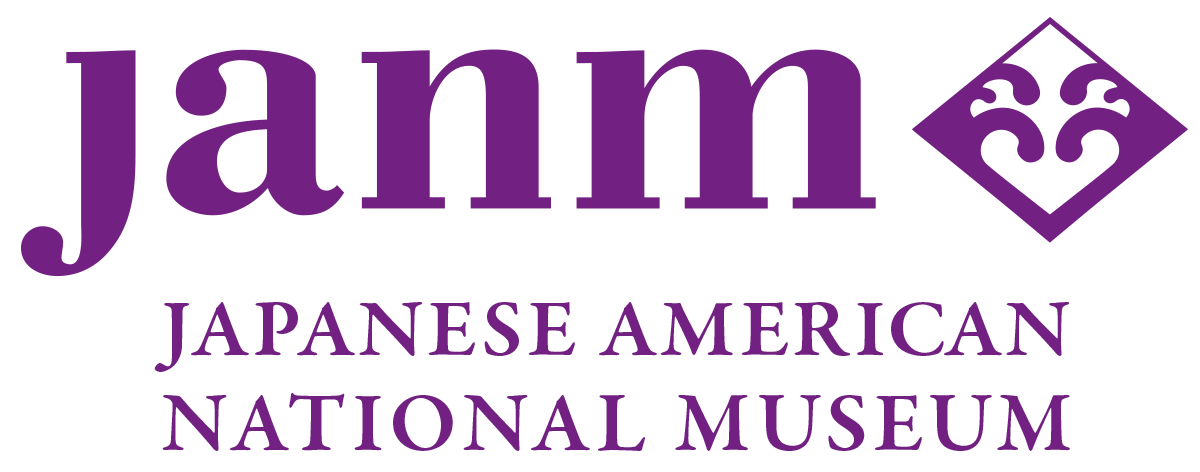FOR IMMEDIATE RELEASE - March 23, 2022
PRESS CONTACTS:
Joseph Duong - jduong@janm.org - 213.830.5690

JANM Statement on Passage of the Japanese American Confinement Education Act by U.S. House of Representatives
LOS ANGELES, CA – The Japanese American National Museum celebrates the passage of the Japanese American Confinement Education (JACE) Act (H.R. 1931) by the U.S. House of Representatives, thanks to the leadership of the bill’s sponsor Representative Doris Matsui.
The JACE Act provides an additional $32 million dollars in funding to the Japanese American Confinement Sites (JACS) grant program, and $10 million in funding for Japanese American organizations to implement education programs to ensure that present and future generations of Americans will learn from the experience of Japanese American confinement and our country’s subsequent commitment to equal justice under law.
Established in 2006 with an authorization of $38 million dollars through bipartisan legislation introduced by Bill Thomas, Doris Matsui, and Mike Honda, the JACS grant program (Public Law 109-441, 120 Stat. 3288) provides funding for the preservation and interpretation of U.S. confinement sites where Japanese Americans were incarcerated during World War II. Since the program’s first year of awards in 2009, $36 million dollars have funded 268 projects in 24 states and the District of Columbia. This original funding was set to be exhausted in 2022.
Passage of H.R. 1931 coincides with the 80th anniversary of Executive Order 9066, ensuring that the unjust wartime treatment of Japanese Americans is remembered by future generations. “This bill’s unanimous passage in the House embodies the bipartisanship needed to combat Asian hate, fight for social justice, and continue to investigate the historical record,” said Ann Burroughs, President and CEO. “As this bill advances in the legislative process, we hope that these hard-won lessons will resonate with Congress and inspire them to continue funding for the JACS grant program to promote a national understanding of the Japanese American WWII experience.”
###